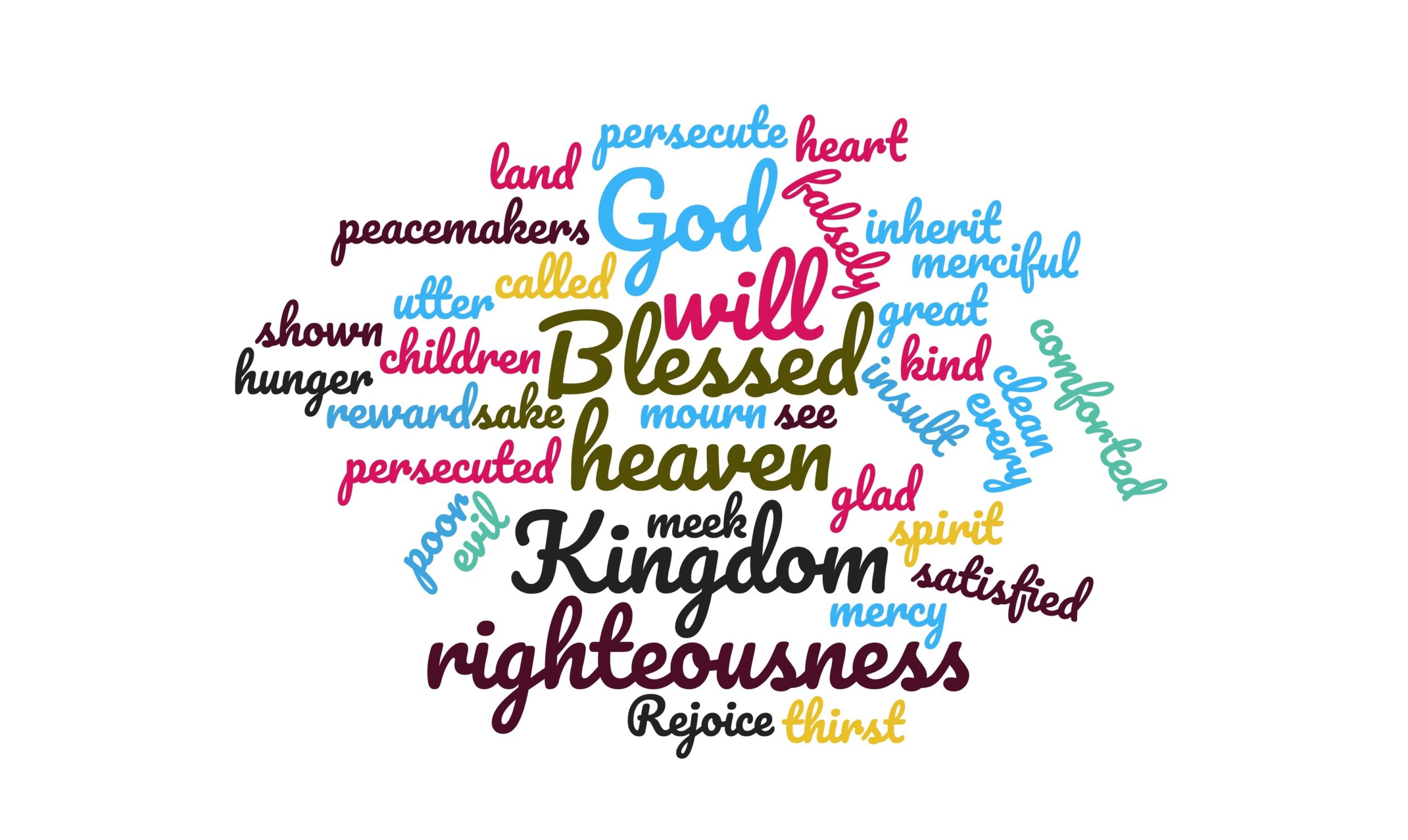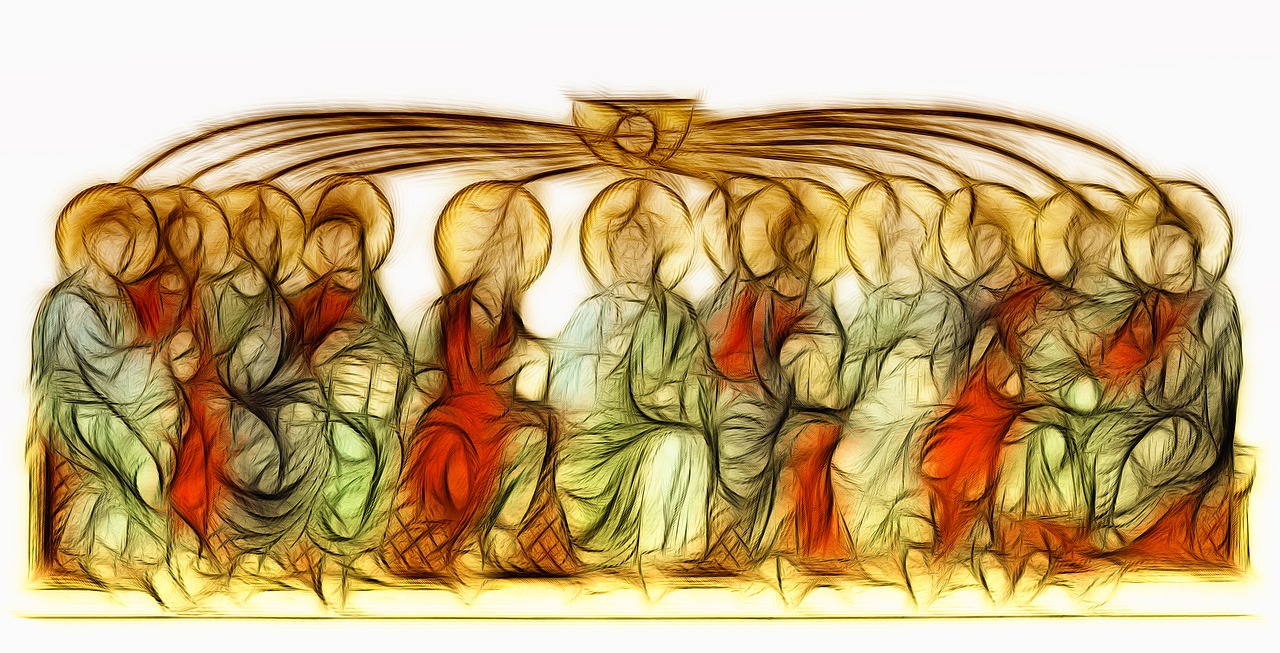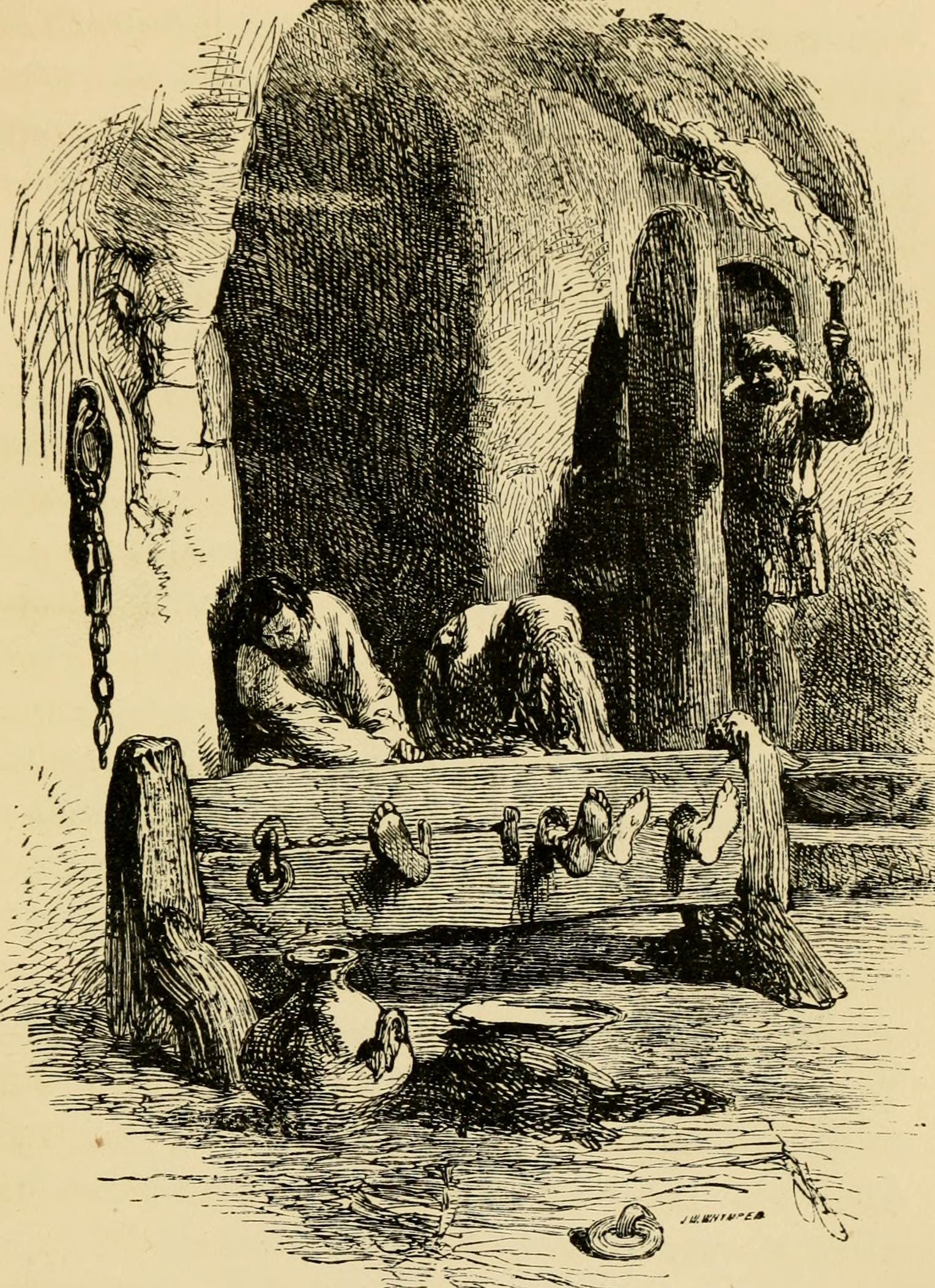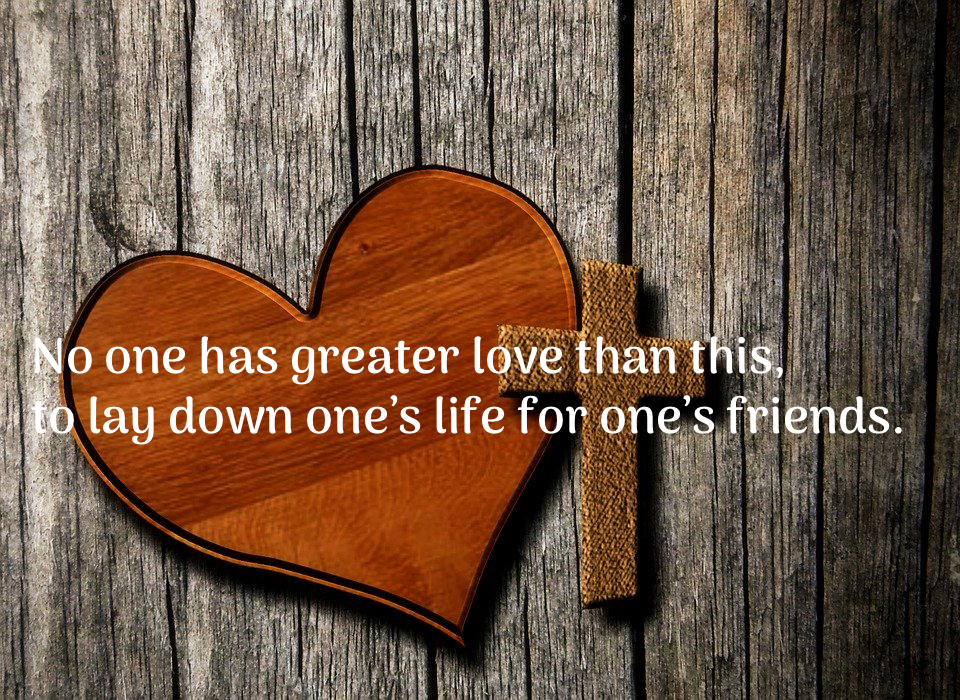If you’ve ever travelled abroad, to a country where English is not the spoken language, maybe you’ve had this experience. I travelled to Mexico when I was in seminary to learn Spanish. The first day I was there, we went to Mass at the local Cathedral. Even though at that point my Spanish was pretty sketchy, you know, kind of like it is now, still I recognized the Mass. That’s because we celebrate it in the same way, with the same words – albeit in a different language – everywhere on earth. In the Eucharist, we are one. “Because the loaf of bread is one, we, though many, are one body, for we all partake of the one loaf.” That’s what St. Paul tells the Corinthians today, and we are meant to hear it as well. We are called to unity with one another as we gather around the Altar to partake of the one Body of Christ.
We may express our unity in many ways in the Mass. We all sing the same songs (although these days, we leave the singing to the cantor!). We all stand or sit together. We might all join hands at the Lord’s Prayer. And those are all okay things, but they are not what unites us. They put us on a somewhat equal footing, but that can happen in all kinds of gatherings. The one thing that unites us at this gathering, the experience we have here that we don’t have in any other situation, is the Eucharist. The Eucharist unites us in the Most Holy Body and Blood of Christ, where all division must necessarily cease. The Eucharist is the celebration of our unity par excellence.
Having said that, there are obvious ways in which we can notice that we are not, in fact, one. The Eucharist, which is the celebration of our unity, can often remind us in a very stark and disheartening way, of the ways that we remain divided with our brothers and sisters in Christ. The most obvious of these ways is the way that we Catholics remain divided with our Protestant brothers and sisters, and in fact, they with each other as well. The proliferation of Christian denominations is something we can soft-petal as “different strokes for different folks,” but is in fact a rather sad reminder that the Church that Jesus founded and intended to be one is in fact fragmented in ways that it seems can only be overcome by a miracle. In our Creed we profess a Church that is “one, holy, catholic, and apostolic.” By “catholic” here, we may indeed mean “universal” but that does not, of course, mean that we are in fact one.
Another thing that divides all of us from one another is sin. Mortal sin separates us not only from God, not only from those we have wronged, but also from the Church and all of our brothers and sisters in Christ. When we have sinned greatly, we are not permitted in good conscience to receive the Most Holy Body and Blood of Christ, because we cannot dare to pretend to be one with those from whom we have separated ourselves, through mortal sin.
I think this point is very notable at this point in our human history. We have seen in these past weeks the sadness of the division that is caused by the sin of racism. Blatant disregard for our brothers and sisters of other races is a sin against unity, and therefore a sin against Christ in the Eucharist. Jesus prayed on the last day of his life on earth that we would all be one, and yet, throughout history, and even to this very day, we continue to find occasions to separate ourselves from one another, to proliferate division through racist thoughts and actions. We who receive the Eucharist, the sacrament of unity, need to be the catalysts for that very unity, to root out every vestige of racism in our own hearts, and stand with our brothers and sisters of color. We can’t just stand by and say, well, I’m not racist so I don’t have to deal with that. We have to be the ones who say it’s not okay, and seek reconciliation with every single person. If we don’t, we’re mocking the Eucharist, and I think we all know that’s not okay.
“Whoever eats my flesh and drinks my blood remains in me and I in him,” Jesus says to us today. When we remain in him, we also remain united to one another through Christ. This is what God wants for his Church, so today we must recommit ourselves to unity, real unity. So if you have not been to Confession in a while, make it a priority to do that in the next week or so that you can be one with us at the Table of the Lord. And at Communion today, we must all make it our prayer that the many things that divide us might soon melt away so that we can all become one in the real way the Jesus meant for us.
“I am the living bread that came down from heaven;
whoever eats this bread will live forever;
and the bread that I will give
is my flesh for the life of the world.”
On this feast of the Most Holy Body and Blood of Christ, we pray that every person may one day come to share in the flesh of our Savior, given for the life of the world, and we pray that his great desire might come to pass: that we may be one.










You must be logged in to post a comment.